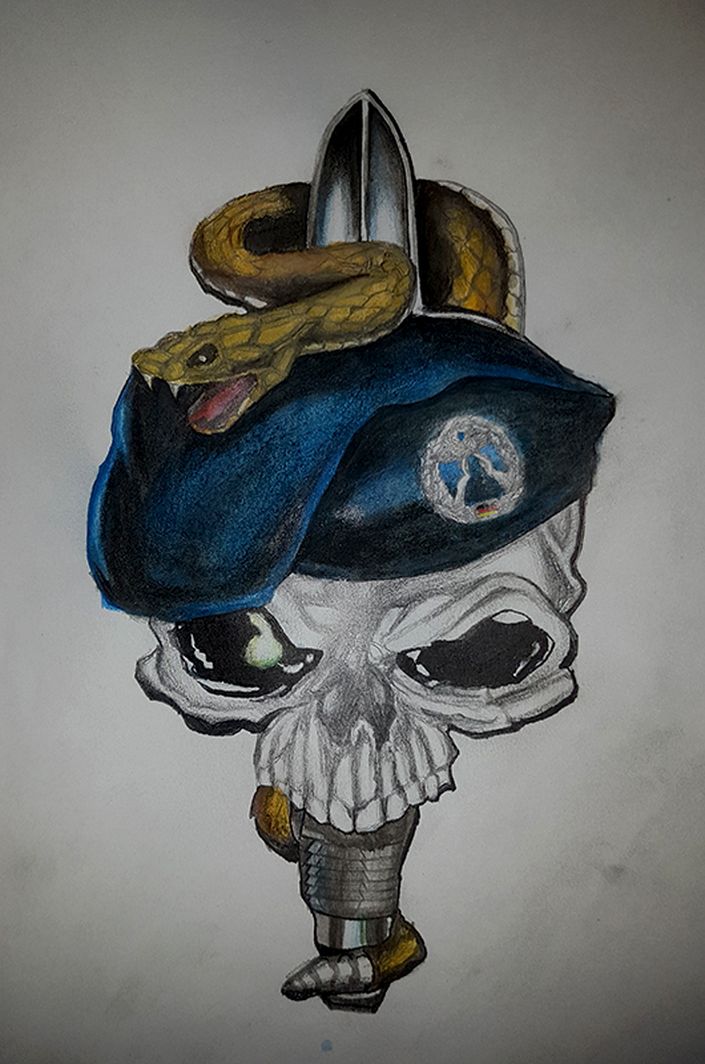
Psychodynamic Equine Assisted Trauma Therapy (pEATT) Module 3 -
Who is this course for?
IF you have completed pEATT Module 1 and 2 ...
IF you have submitted your session protocols ....
IF you are working in a team in pEATT....
IF as traumatherapist you have a valid EMDR certification
and/ or
IF you are an Equine Behavioral Specialist (EBS) interested in supporting a traumatherapist while working with complex PTS(d) in the traumaconfrontative stages -
THEN this course is for you.
I welcome you to join me again as we delve deeper into pEATT during the traumaconfrontative stage and how to put it all together while working with people with severe (childhood/complex) trauma.
Welcome to this online course pEATT 3:
"Working with complex PTSD and special Equine Assisted Trauma Confrontation Techniques"
pEATT Curriculum
pEATT 3 is part of a certification curriculum in psychodynamic Equine Assisted Traumatherapy, consisting of 4 Modules.
pEATT Module 1, part 1 + 2 are offered online:
Part 1: The Fundamentals of psychodynamic Equine Assisted Therapy.
Part 2: The Essentials of psychodynamic Equine Assisted Traumatherapy and its practical Application.
pEATT Module 2 is a 4-day intensive experiential skillset training with a high focus on practitioners' self-awareness and ability to work within the quadrant approach.
pEATT Module 3 is a theoretical deep dive into how to work with with horses while accompanying people diagnosed with complex PTSD, using special equine assisted trauma confrontation techniques with particular focus on equine assisted EMDR.
Cost: 580,- € (taxes and fees apply)
pEATT Module 4 is live hands-on training in preparation for your certification.

Trauma confrontations are
potentially taxing and directive
We will look at how to ensure equine welfare and a horse's right to consent while working in structured and possibly emotionally taxing situations.

Complex PTS(d) and "DID"
We delve deeper into Dissociation, Complex (early childhood) PTS(d) and Structural Dissociative so-called "Dis-Orders" as we, again, look at concrete steps and elements while working with equines as part of your team.

You - The Practitioner
How do you incorporate what you are learning into your already present knowledge? How do you implement this new information? You will continue to build your portfolio as you prepare for your certification in pEATT.
Course Curriculum
- VIDEO: DBT and Somatic Traumatherapeutic Approaches (2:33)
- VIDEO: Psychodynamically based Traumatherapeutic Approaches / PITT (10:02)
- VIDEO: EMDR (3:47)
- VIDEO: "The Horse in Therapy" - Presentation from Research Seminar/Norway 2023 (61:20)
- VIDEO: Ego State Therapy and Techniques 1 (5:15)
- VIDEO: Ego State Therapy and Techniques 2 (1:36)
- VIDEO: Other Approaches and Trauma Interventions (8:51)
- TEXT: Lesson and Homework Assignment for the Mental Health Professional
- VIDEO: Introduction and a Critical Look (14:52)
- VIDEO: Complex PTS(d) and Dissociation - Definitions (5:42)
- VIDEO: Diagnostics (18:39)
- VIDEO: One of many Models (9:27)
- VIDEO: Primary Structural Dissociation (7:00)
- VIDEO: Secondary Structural Dissociation (19:01)
- VIDEO: Tertiary Structural Dissociation (23:19)
- VIDEO: Alternative Models (17:36)
- VIDEO: Dissociation as a Resource, a Habit or a Dysfunctionality? (45:50)
- TEXT: Homework Assignment
Ilka Parent, Clin. Psychotherapist,
(Depth Psychology), Psychotraumatherapy (DeGPT)
For the past 30 years, my clinical focus has been on specializing in traumatherapy, particularly combat related aspects or early childhood complex PTS(d).
In the equine assisted field, I have a worldwide network, organize regular international symposia on equine welfare in equine assisted practices, and publish both textbooks and articles on the topic of traumatherapy with horses on the team.



